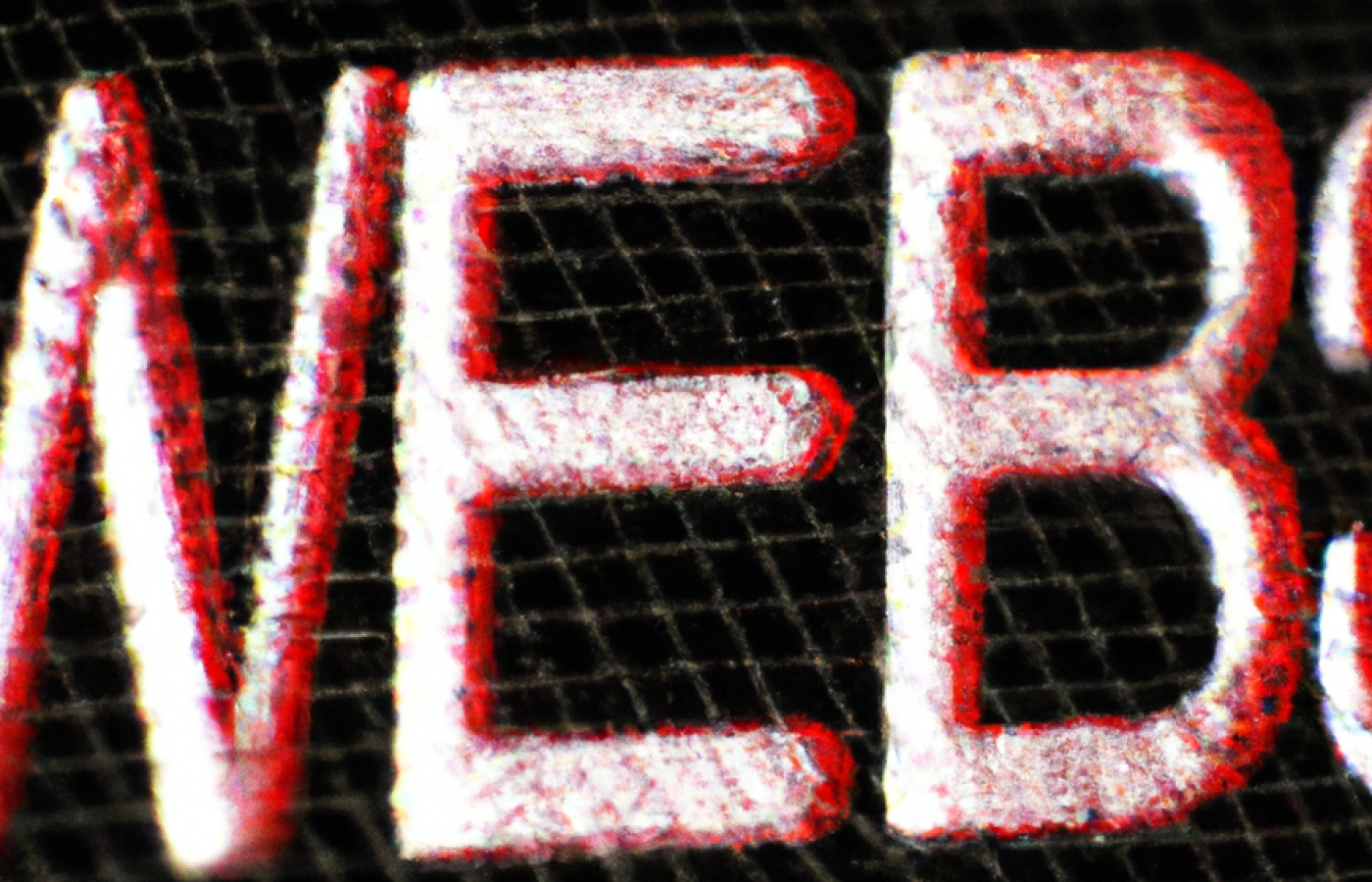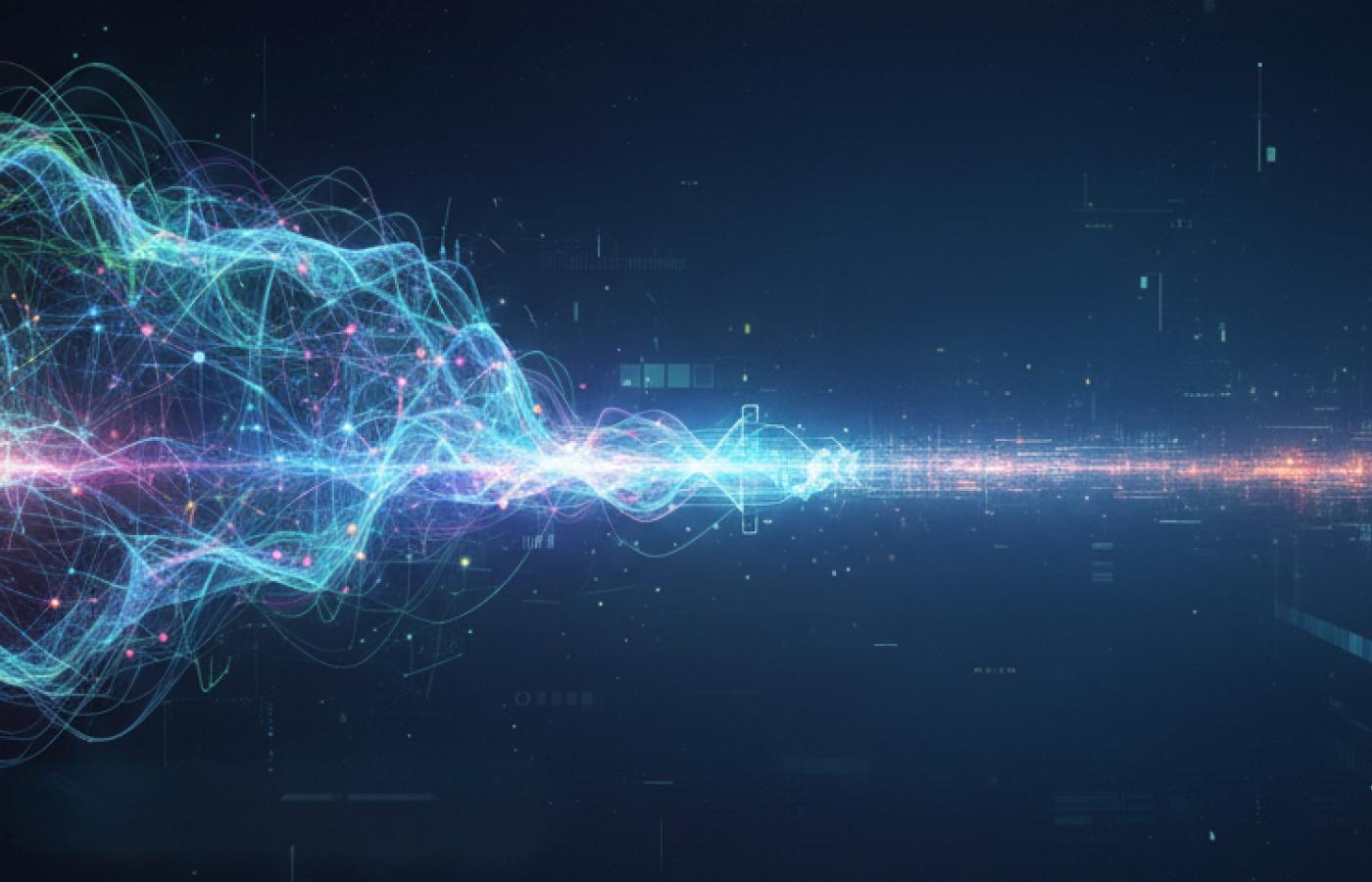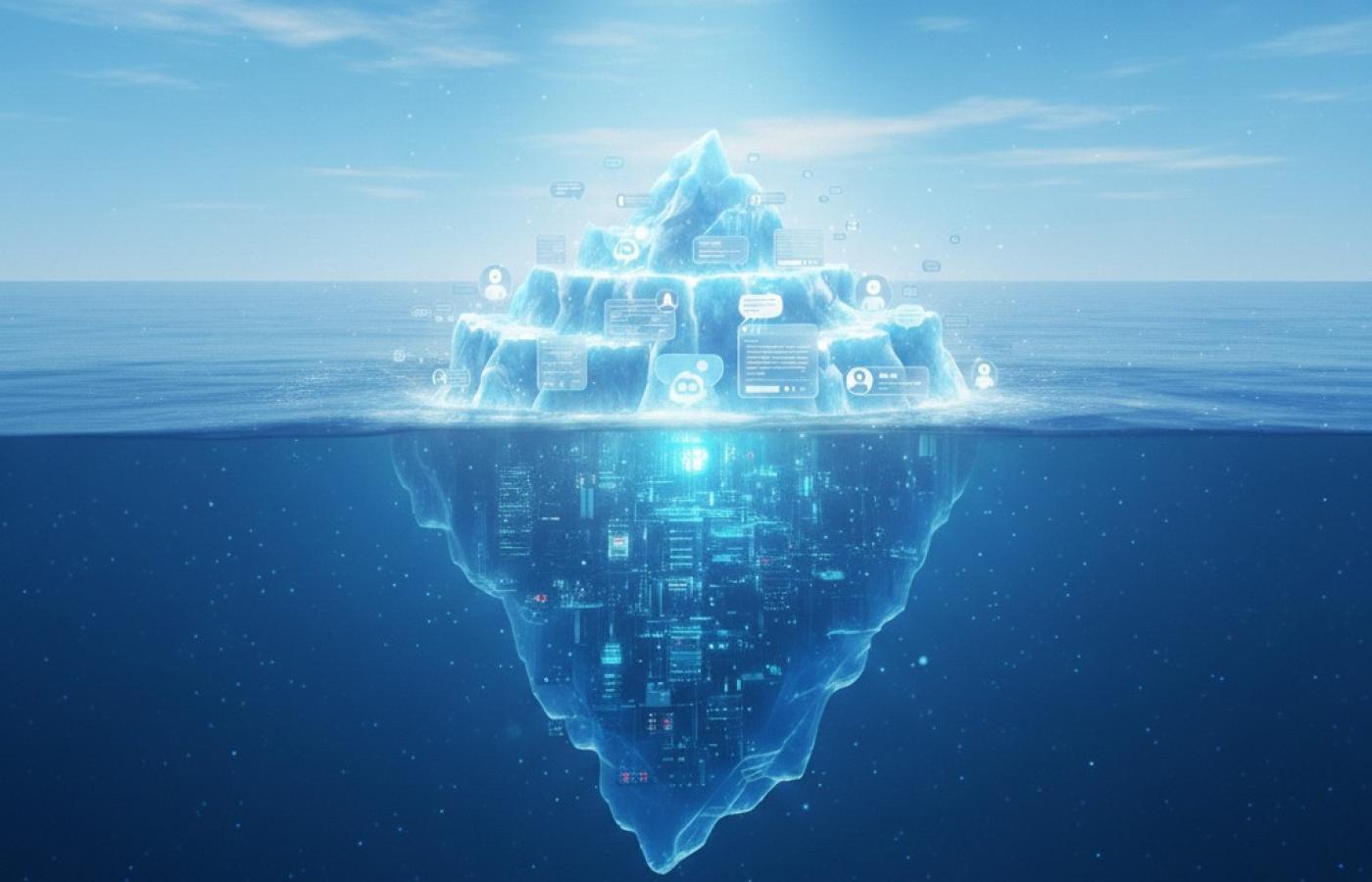
Web 3.0: A New Decentralized and Interoperable Internet
tl;dr
- Web 3.0 is the "next iteration" of the internet, focused on decentralization, interoperability, and blockchain technology.
- Web 3.0 matters because it has the potential to create a more open, transparent, and democratic internet.
- Web 3.0 will change the way we use and interact with the internet by giving users more control over their data, enabling the creation of decentralized applications, and fostering greater trust and accountability.
- Web 3.0 is expected to offer benefits such as decentralization, transparency, interoperability, and security.
- Web 3.0 will lead to new business models and give users more control over their data, leading to greater privacy and security.
The internet has come a long way since its early days. From the static HTML pages of the 90's to the dynamic web applications of today, the internet has evolved to become an essential part of our daily lives. And now, we are on the cusp of a new era of the internet - Web 3.0. In this article, we will explore what Web 3.0 is, why it matters, and how it will change the way we use and interact with the internet.
What is Web 3.0?
Web 3.0 is the next iteration of the internet, also known as the decentralized web. It is a new paradigm focused on interoperability and blockchain technology. The primary goal of Web 3.0 is to create a more open, transparent, and democratic internet that is controlled by users rather than centralized authorities.
This decentralized web is built on top of a number of newer technologies such as blockchain, decentralized storage, and peer-to-peer networking, and is designed to run on a distributed network of computers. [1]
Why Does Web 3.0 Matter?
Web 3.0 matters because it has the potential to transform the internet as we know it. Here are some of the most significant benefits of Web 3.0:
1. Decentralization
Web 3.0 is built on the principles of decentralization, which means that there is no single entity that controls the internet. Instead, users have more control over their data and online interactions.
2. Transparency
Web 3.0 is more transparent than the current internet, as users can see how their data is being used and who is using it. This can lead to greater trust and accountability.
3. Interoperability
Web 3.0 is designed to be interoperable, which means that different applications can communicate and interact with each other seamlessly. This can lead to a more seamless and integrated online experience.
4. Security
Web 3.0 is more secure than the current internet, as it is built on a distributed network of computers rather than a centralized server. This makes it more difficult for hackers to compromise the system. [3]
How Will Web 3.0 Change Our Use of the Internet?
Web 3.0 will change the way we use and interact with the internet in several ways. Here are some of the most significant changes:
1. Ownership of Data
In Web 3.0, users will have more control over their data. They will be able to decide who has access to their data and how it is used. This will lead to greater privacy and security. [4]
2. Decentralized Applications
Web 3.0 will enable the creation of decentralized applications that are not controlled by any single entity. These DApps (decentralized apps) will run on a distributed network of computers, making them more robust and secure. [5]
3. Interoperability
Web 3.0 will be more interoperable than the current internet, which means that different applications will be able to communicate and interact with each other seamlessly. This will lead to a more integrated online experience.
4. New Business Models
Web 3.0 will enable new business models which are not possible with the current internet. For example, users will be able to monetize their data by managing the sale of it to third-party applications.
5. Trust and Accountability
Web 3.0 will lead to greater trust and accountability, as users will be able to see how their data is being used and who is using it. This will lead to a more transparent and democratic internet. [2]
Conclusion
Web 3.0 is a new era of the internet focused on decentralization and interoperability which leverages blockchain technology. It has the potential to transform the internet as we know it by creating a more open, transparent, and democratic internet controlled by the users, for the users. Web 3.0 will give users more control over their data, enabling the creation of decentralized applications (DApps), and creating greater trust and accountability.


